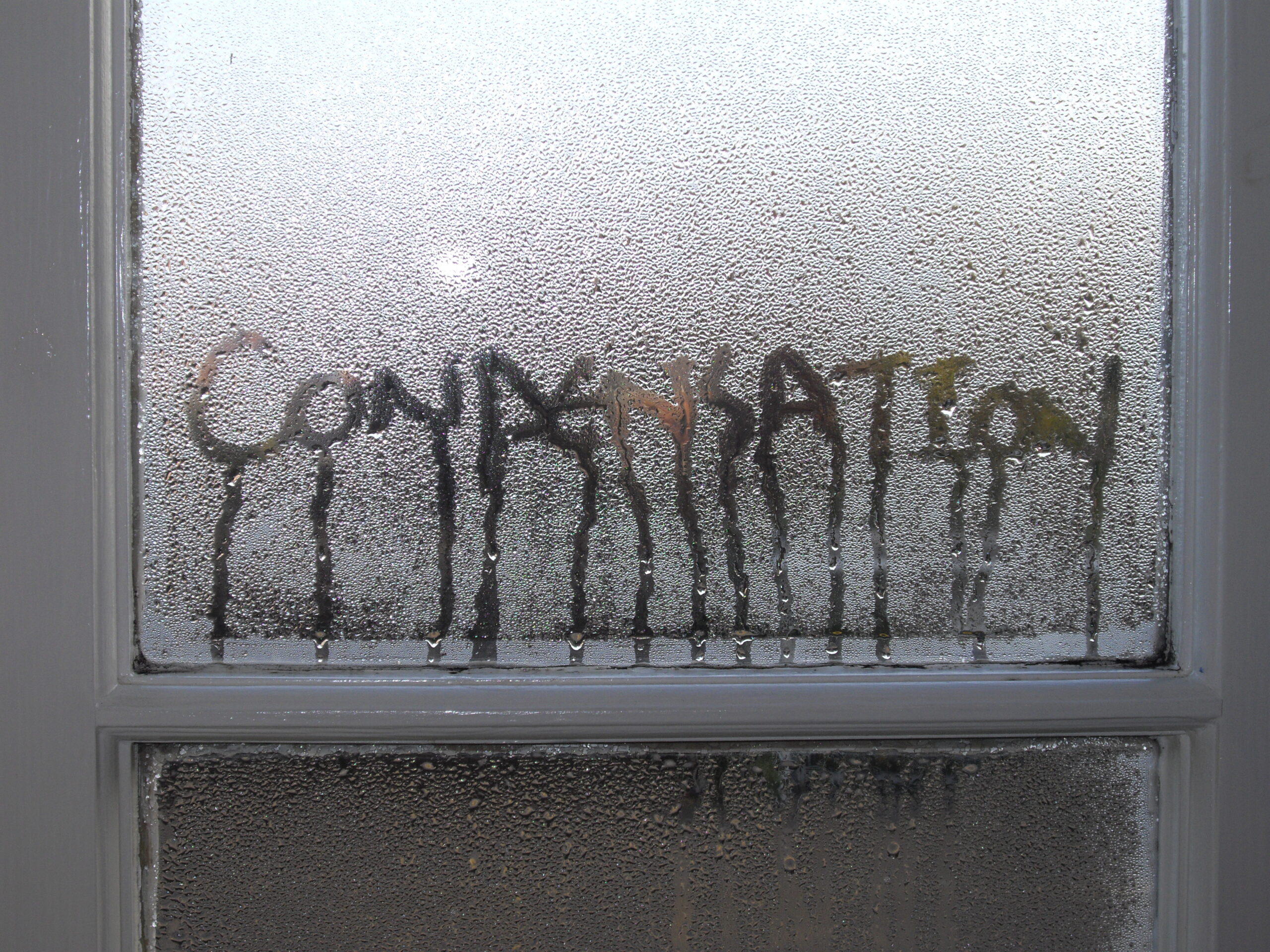
Ongoing condensation and dripping down your windows indicate significant inefficiency, allowing costly air infiltration. Windows Replacement Richmond Hill with windows that have adequately sealed and insulated models effectively resolves condensation issues before major damage sets in.
Improved double/triple glazing, weatherstripping, and frame insulation optimize energy efficiency while eliminating the damp conditions in mold thrives. Investing in suitable new windows enhances comfort and prevents deterioration. Explore why condensation signals the need for windows replacement Richmond Hill.
Drafty Windows Allow Moisture Infiltration
Traditional single-pane windows and worn seals enable outside air penetration into your home. This moist air from groundwater and snowmelt then condenses on contacting your warmer interior glass. Prolonged condensation provides the dampness mold feeds on.
Newly manufactured windows feature multi-layered insulating glass and tight sealing that prevents air leakage much better. Correct Windows Replacement Richmond Hill properly insulates your home to stop condensation issues.
Condensation Causes Mold, Mildew And Decay
Unchecked moisture buildup on inefficient windows facilitates mold growth and mildew over time. This degrades air quality and enables decay once spores take hold in damp drywall or wood frames.
Replacing deficient windows with new energy-efficient models minimizes condensation risks, even in humid areas like bathrooms and basements. Stopping moisture penetration inhibits mold and decay from developing.
Newly manufactured windows, with double glazing options, feature multi-layered insulating glass and tight sealing that prevents air leakage much better.
Cold Spots Promote Localized Dripping
Minor frame defects from aging windows allow isolated cold air and moisture seepage. The resulting chilled spots often manifest as localized condensation and drips. This signals deterioration requiring prompt replacement.
New windows that were installed correctly maintain uniform seals across the units. Consistent insulation prevents cold penetration from gaining control over dampness and drips before mold develops.
Humidity Levels Impact Condensation
Indoor humidity from cooking, showers, and respiration collects on cold window glass as condensation. While ventilation helps, excess moisture overwhelms dated single-pane windows lacking insulation.
Properly sealed and insulated windows and doors Richmond Hill resist condensation despite high interior humidity levels. Correct window replacement adapts homes to prevent issues.
Prevent Structural Damage From Moisture
Left unchecked, prolonged humidity exposure causes window frames, walls, and furniture to warp and decay gradually. The resulting structural degradation often necessitates significant repairs or replacement.
Timely new window installation prevents persistent condensation from penetrating structures in the first place. Ongoing maintenance also keeps newly replaced windows performing optimally for decades without issues.
Work With Local Window Specialists
Experienced window contractors can evaluate your existing units and unique home architecture to recommend customized solutions that match your needs.
Describing ongoing condensation issues helps them suggest the most appropriate replacements to resolve the problems through improved air sealing and insulation. Trust their expertise.
Replacing dated windows at the first signs of humidity and dripping prevents costly mold remediation and structural repairs later on.
Consult your area’s top window specialists to identify and install optimized new windows that keep your home insulated and free of damaging moisture.
New Windows Reduce Energy Costs
Worn-out windows with deficient seals and insulation force your furnace to work harder to compensate for heat loss. This results in excessive energy bills in winter. Replacing inefficient windows improves insulation to retain conditioned indoor air.
New energy-efficient windows reduce surface heat loss by up to 50% in homes. This translates into substantial annual savings on costly heating bills after installation.
Enhanced Frame Insulation Prevents Drips
Many traditional window frames act as thermal bridges that transmit heat through conduction. This cools the frame and causes condensate drips. Replacing better-insulated frames like vinyl, fiberglass, or composite eliminates this deficiency.
Modern frames also integrate thermal breaks that disrupt conductive heat flow. New windows are appropriately fitted to maintain frame surface temperatures to avoid chilling and associated condensation issues.
Single Pane Glass Promotes Condensation Buildup
Traditional single-pane windows offer minimal insulation against exterior cold. Heat rapidly escapes through the thin glass, causing warm interior air to condense into dew quickly. This moisture buildup on outdated single-pane windows is unavoidable.
Multi-pane insulating glass units feature air gaps that slow heat transfer to the cold outer pane. This retains interior warmth and prevents condensation.
Safer Vacations With Reduced Condensation
You can vacation carefree knowing your newly replaced windows keep the interiors dry. Make weatherizing upgrades before extended trips away to avoid preventable disasters.
Write and Win: Participate in Creative writing Contest & International Essay Contest and win fabulous prizes.


